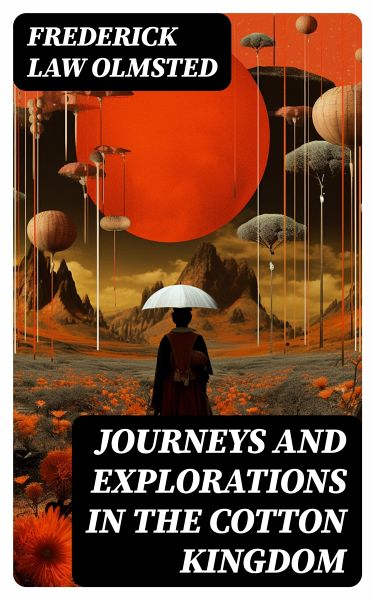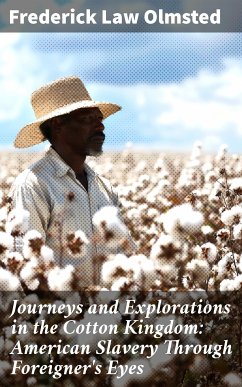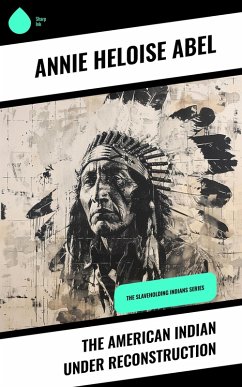
Journeys and Explorations in the Cotton Kingdom (eBook, ePUB)
A Traveller's Observations on Cotton and Slavery in the American Slave States Based Upon Three Former Journeys and Investigations

PAYBACK Punkte
0 °P sammeln!
In "Journeys and Explorations in the Cotton Kingdom," Frederick Law Olmsted embarks on a transformative journey through the antebellum South, offering not only a vivid geographical account but also an incisive critique of the social and economic systems underpinning the cotton economy. His narrative combines personal observations with a rich tapestry of the region's landscapes and its complex societal dynamics, employing a literary style that is both descriptive and analytical. Olmsted's work serves as an early example of social criticism, intertwining environmental observations with a profoun...
In "Journeys and Explorations in the Cotton Kingdom," Frederick Law Olmsted embarks on a transformative journey through the antebellum South, offering not only a vivid geographical account but also an incisive critique of the social and economic systems underpinning the cotton economy. His narrative combines personal observations with a rich tapestry of the region's landscapes and its complex societal dynamics, employing a literary style that is both descriptive and analytical. Olmsted's work serves as an early example of social criticism, intertwining environmental observations with a profound ethical inquiry into the implications of slavery and its economic dependency, thus situating the text firmly within the context of 19th-century American literature and reform movements. Olmsted, a prominent landscape architect and social thinker, draws on his extensive background in horticulture and public policy to inform his explorative writing. His travels in the South stemmed from a desire to understand the conditions of slave labor and the socio-economic conditions of the time, reflecting his commitment to social justice and reform. This personal journey and his profound observations contribute to an urgent dialogue about morality and human rights that was especially resonant during the tumultuous period preceding the Civil War. "Journeys and Explorations in the Cotton Kingdom" is a must-read for those interested in American history, social justice, and environmental studies. Olmsted's eloquent prose and critical insights provide an invaluable perspective on the interplay between nature and society. Readers will gain a richer understanding of the complexities of America's past, making this work essential for anyone seeking to comprehend the roots of contemporary issues surrounding race, economy, and ecology.
Dieser Download kann aus rechtlichen Gründen nur mit Rechnungsadresse in A, B, BG, CY, CZ, D, DK, EW, E, FIN, F, GR, H, IRL, I, LT, L, LR, M, NL, PL, P, R, S, SLO, SK ausgeliefert werden.













